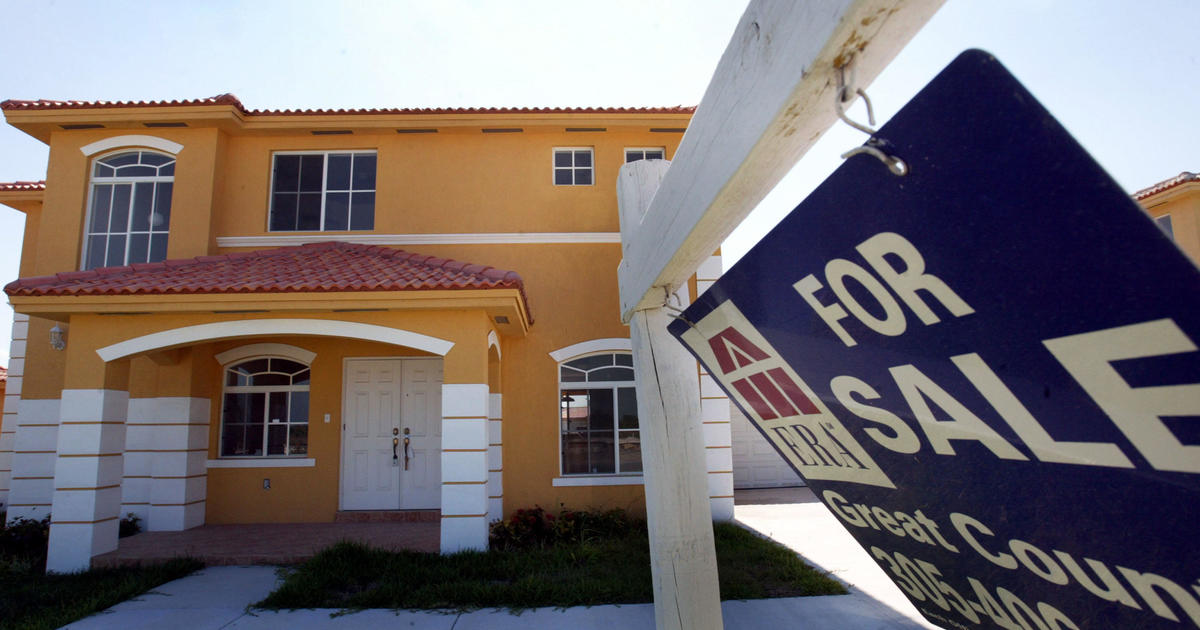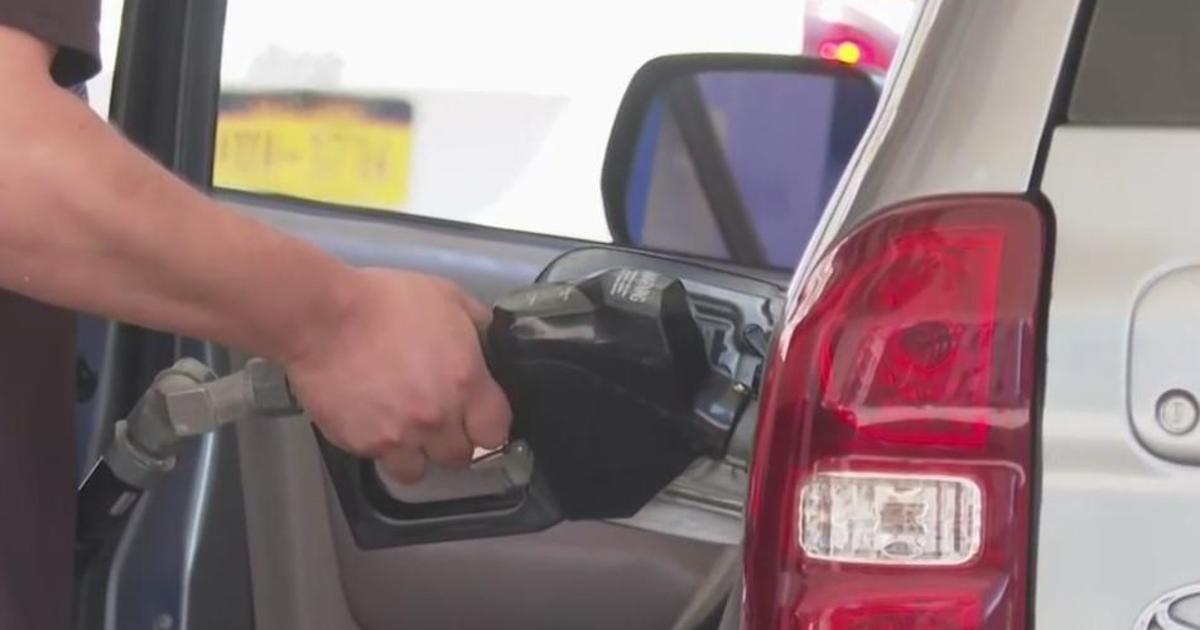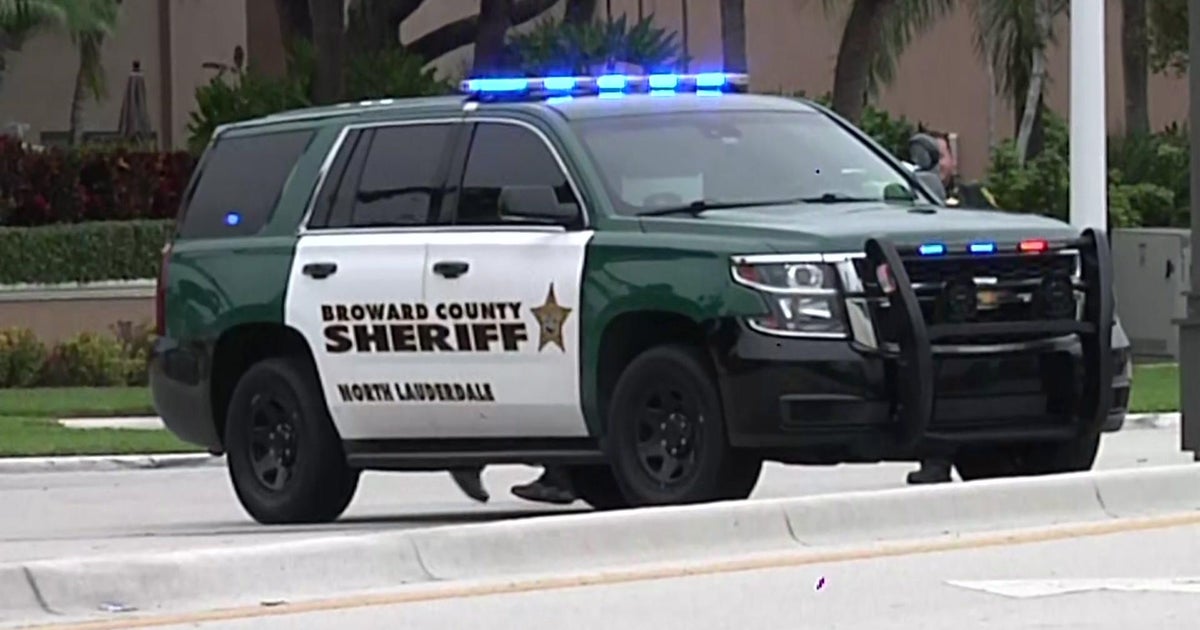Privacy Advocates Express Concern Over Florida Schools Safety Portal For Preventing School Shootings
MIAMI (CBSMiami) - After the Marjory Stoneman Douglas High School shooting in February 2018, it led to a call for school leaders in Florida to gather and share more information on troubled students, like confessed shooter Nikolas Cruz, in hopes of preventing another tragedy.
That's the goal of Ryan Petty, whose daughter Alaina was one of the Parkland victims.
"If there's anything we've learned from all these tragedies it's that when these organizations fail to communicate, bad things happen," Petty said.
Petty serves on the Marjory Stoneman Douglas High School Public Safety Commission, which investigated what led to the shooting, what unfolded during the shooting, and its aftermath.
He said one important lesson he's learned from his time on the MSD Commission is how many different agencies saw warning signs from Cruz, but failed to connect those dots with other agencies.
"Had they known that, had they talked about that with each other, I think one of those organizations would have raised their hands and said maybe we should do something different, things are getting worse," Petty said.
The MSD Commission wanted to do something about it.
They recommended creating the Florida Schools Safety Portal (FSSP) to give school threat assessment teams access to layers of relevant information on students who may be a threat to themselves of others.
Petty believes it's an important step forward.
"It's not to push a child towards interactions with the criminal justice system," he explained. "It's to understand what's happening in a child's life and come alongside them and help them."
State leaders echoed that sentiment in the announcement of the portal.
"The FSSP will not be used to label students as potential threats, but rather is a tool to evaluate the seriousness of reported or identified threats and to assist in getting professional help when necessary," according to the Florida Department of Education news release announcing the portal last August.
The portal will contain information from several important sources including law enforcement data, Baker Act records, school discipline records, information from FortifyFL, an app that details reports of suspicious incidents and social media information.
The data would be available to school threat assessment teams to "swiftly identify, assess and provide intervention services for individuals whose behavior may pose a threat to themselves or others," read the state news release.
State school officials said the social media monitoring does not mean that an individual is monitoring the sites of students; rather, they said it means a program will search for keywords like "bomb" or "gun" and attempt to isolate a specific school that might be threatened.
Florida Department of Education officials spoke about the program at an August meeting of the MSD Commission. They said this is still a work in progress and will not prevent school shootings or threats.
"It is not a crystal ball," said Jaime Braun, Department of Education attorney. "It is not meant to just spit out information about, you know, who, who is going to be the next school shooter. It's not magic, it doesn't do that."
The Chairman of the MSD Commission, Pinellas County Sheriff Bob Gualtieri, also tried to tamp down expectations for the portal.
"We have to manage the expectations in what this is capable of doing so they don't have those assumptions that this is some magic wand," he said. "It's not - it's just another tool in the toolbox."
A major concern about the portal is how students' privacy is protected. Petty said that is a paramount concern for him.
"(We need to) try to understand who has access to this data, under what circumstances do they have access to this data and what are the legal uses of that data," he said.
State education officials said safeguards are built in.
"It does not store information," attorney Braun told the MSD Commission last year. "It does not allow users to download and save information. It does not track students. It is a tool that allows a brief look into certain data sets that are on the portal when certain conditions are met."
But some are expressing concerns about the privacy of the information and bias in the data.
Ora Tanner, a technology researcher with the AspenTech Policy hub Institute and a graduate student at the University of South Florida, studied the FSSP concept and brought her concerns to the MSD Commission.
She believes the data being used in the portal may be biased against certain students.
"The data sets themselves where they're coming from already disproportionately affect students of color and students with disabilities," she told CBS4 News. "When you're taking that already biased data to make decisions then your decisions are going to end up biased."
She also believes that it's dangerous to assume that kids who have been in trouble in the past might wind up causing more trouble in the future.
"You're gonna wrongly flag a lot of students because just because someone may have been arrested in 6th grade doesn't mean that they're going to go on to cause harm," Tanner said.
Tanner wants to see transparency in how the data is used and a mechanism for students to have their information removed from the portal if the information turns out to be incorrect.
"I'm not against the data it's just how is it used and transparency that it's being used," Tanner said.
"There has to be some kind of recourse. So, if my child is wrongly flagged, I don't want them to continue being in the database or you're monitoring them. I want their information deleted or the flag was taken off."
Petty met with Tanner to discuss her concerns. He believes the privacy of students will be protected. Additionally, he believes that the benefits of sharing information with school leaders will lead to safer schools and improved learning environments for students.
"if we can facilitate that communication, encourage that communication, we have a chance of preventing these kinds of tragedies but the real benefit will be a better climate and culture in our schools for all of our students," Petty said.
Members of the MSD Commission agreed that the portal remains a work in progress and will likely be changed in the future to make more records available.
At this point, the use of the portal for school districts is optional.
Miami-Dade Schools told CBS4 News that their paperwork to utilize the portal has been filed with the state and some administrators with the district's Department of Mental Health Services are using the portal in the threat assessment process. A spokesperson Broward Schools is "working through the steps required to gain access" to the Portal.
The Florida Department of Education says that there are 1,065 authorized users in the Florida School Safety Portal from 26 school districts.



